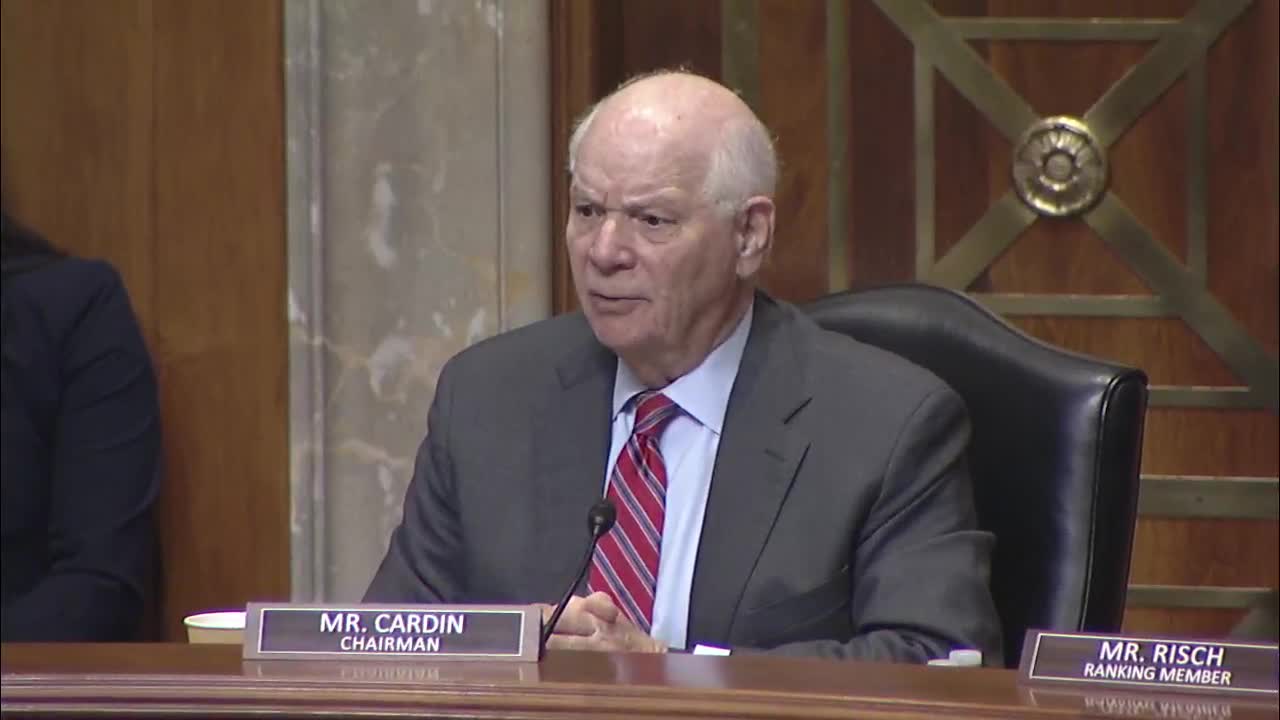Lawmakers push for reforms to challenge China's status
July 30, 2024 | Foreign Relations: Senate Committee, Standing Committees - House & Senate, Congressional Hearings Compilation, Legislative, Federal
This article was created by AI summarizing key points discussed. AI makes mistakes, so for full details and context, please refer to the video of the full meeting. Please report any errors so we can fix them. Report an error »

In a recent government meeting, officials addressed pressing issues surrounding foreign policy, particularly the status of China as a developing nation and the implications for international financial institutions. The discussions highlighted concerns over the lack of ambassadors in key positions, which participants deemed detrimental to U.S. foreign policy and a reflection of the nation's standing as a global power.
Senator Young emphasized the need for reform in how China is classified by international financial institutions, arguing that its designation as a developing country allows it to benefit from favorable loans and contributions without fulfilling the responsibilities expected of a global power. This duality, he noted, undermines the integrity of multilateral institutions and presents a challenge to U.S. interests.
The Secretary responded by acknowledging the importance of maintaining the strategic high ground in technology and the need for reform within multilateral development banks. He pointed out that while China is providing resources globally, it often does so outside of established institutions, which raises concerns about transparency and accountability.
The conversation also touched on the critical need for minerals essential for green energy technologies, with a focus on fostering public-private partnerships in Africa to secure these resources. The Secretary highlighted that a significant portion of the minerals necessary for batteries and semiconductors is currently controlled by China, placing the U.S. at a disadvantage.
Overall, the meeting underscored the urgency of addressing these challenges as the U.S. navigates its role on the global stage, particularly in relation to China and the evolving landscape of international finance and resource management.
Senator Young emphasized the need for reform in how China is classified by international financial institutions, arguing that its designation as a developing country allows it to benefit from favorable loans and contributions without fulfilling the responsibilities expected of a global power. This duality, he noted, undermines the integrity of multilateral institutions and presents a challenge to U.S. interests.
The Secretary responded by acknowledging the importance of maintaining the strategic high ground in technology and the need for reform within multilateral development banks. He pointed out that while China is providing resources globally, it often does so outside of established institutions, which raises concerns about transparency and accountability.
The conversation also touched on the critical need for minerals essential for green energy technologies, with a focus on fostering public-private partnerships in Africa to secure these resources. The Secretary highlighted that a significant portion of the minerals necessary for batteries and semiconductors is currently controlled by China, placing the U.S. at a disadvantage.
Overall, the meeting underscored the urgency of addressing these challenges as the U.S. navigates its role on the global stage, particularly in relation to China and the evolving landscape of international finance and resource management.
View the Full Meeting & All Its Details
This article offers just a summary. Unlock complete video, transcripts, and insights as a Founder Member.
✓
Watch full, unedited meeting videos
✓
Search every word spoken in unlimited transcripts
✓
AI summaries & real-time alerts (all government levels)
✓
Permanent access to expanding government content
30-day money-back guarantee
